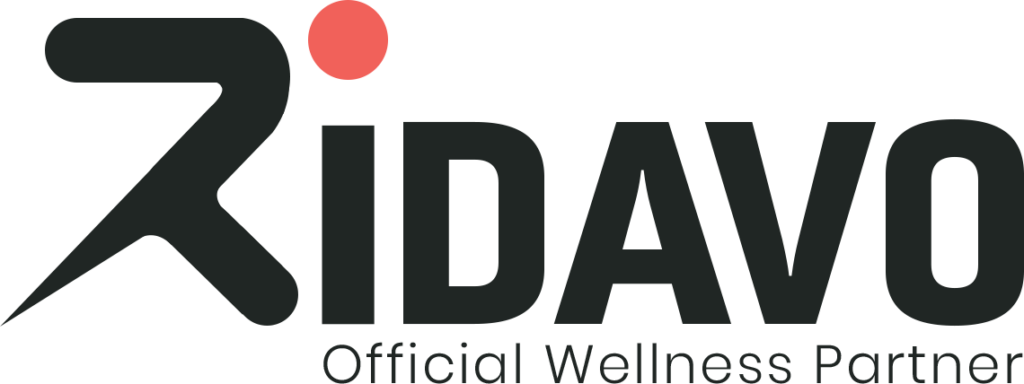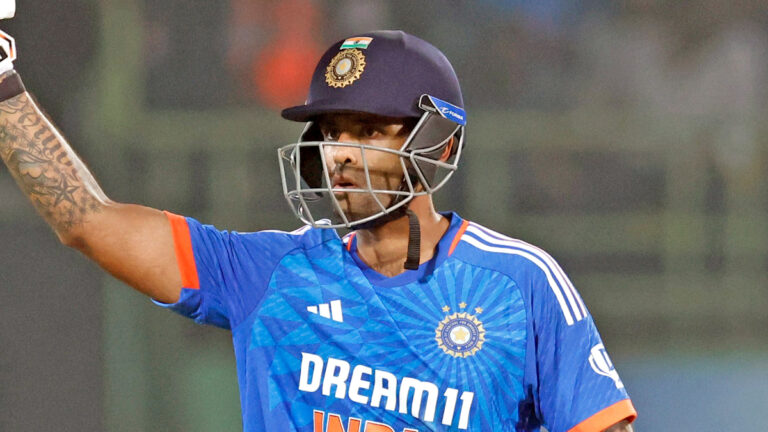About a third of Americans believe astrology is “very” or “sort of scientific.” But does being a Pisces, Virgo rising really matter in the eyes of science?
- Astrology lacks a mechanism by which it could work—how is the position of the stars at your birth supposed to affect your personality and fate?
- The earth’s motion has pushed our astrological signs off by a whole month.
- Studies have shown astrological readings are unable to predict outcomes any better than pure chance.
Is astrology real? Reading horoscopes is a popular diversion, but is there any science to suggest it means anything?
Inspiration finds you if you’re willing to dedicate yourself to a cause.
Problems may arise when you’re tempted by a familiar disruption and your willpower weakens.
Something appearing meaningless may be a lesson to learn.
As many as 70 million Americans read their horoscopes daily. Well, that’s at least according to the American Federation of Astrologers. According to a study done twenty years ago by the Pew Forum on Religion & Public Life, 25 percent of Americans believed that the positions of the stars and the planets affect our daily lives. In 2012, the General Social Survey found that 34 percent of Americans surveyed consider astrology to be “very” or “sort of scientific” and also reported a decrease—from two-thirds to around one-half—in the fraction of people who consider astrology “not at all scientific.”
Astrology is generally defined as the belief that astronomical phenomena, like the stars overhead when you were born or the fact that Mercury is in retrograde, have the power to influence the daily events in our lives and our personality traits. This is, of course, very different from the study of astronomy, which is the scientific study of celestial objects, space, and the physics of the universe.
Astrology is very different from the study of astronomy, which is the scientific study of celestial objects, space, and the physics of the universe.
A specific aspect of astrology—the forecasting of a person’s future or the offering of advice on daily activities via horoscopes—is particularly growing in popularity. Magazines like The Cut reported an increase of 150 percent more hits on horoscope pages in 2017 than in 2016.
Clearly, lots of people are looking for ways to interpret the stars for advice. Astrology is founded on understanding the positions of the stars, which seems like a scientific enough pursuit in itself. But is there any science to back up whether astrology impacts our personality and our lives?
Here’s the short Answer: No. None whatsoever.
But since I have you for five more minutes of this six-minute-or-so podcast to fill, let’s look at exactly how astrology has been tested.
What does your astrological sign mean?
We sit on a rock—made of nickel, iron, silicon, oxygen, and other minerals—that orbits our star at 67,000 miles per hour. From our perspective, it appears the backdrop provided by the sky moves overhead. The sun rises and sets. The constellations appear overhead four minutes earlier each night. But of course, we are the ones moving. The Earth rotates about its axis bringing the sun into and then out of view.
The Earth also moves through our solar system, making one full lap around the sun every 365 days. As we make this lap, we’re pointed at different directions in the sky and thus see different stars overhead. (Unless, of course, you are near one of the poles, and then you don’t get as much variety as far as constellations go.) The twelve “signs” given in a horoscope map out the zodiac: the twelve constellations we pass by on our year-long trip. So when you say you’re an Aries, that means you were born late March to mid-April, and the Sun was toward the constellation Aries.
Since the time when astronomers and astrologers alike started laying out the the zodiac on the sky some 2,000 years ago, our position relative to those constellations has drifted off by about 30 degrees or one whole month.
Except that’s not quite right. You see, the Earth also has an additional form of motion, called precession, which is a fancy word for wobble. The Earth wobbles about its axis a little as it spins. You can think of a top that is starting to slow down after you’ve set it to spin. This motion is slight—tracing out one loop of this wobble takes 26,000 years—but it adds up.
Since the time when astronomers and astrologers alike started laying out the the zodiac on the sky some 2,000 years ago, our position relative to those constellations has drifted off by about 30 degrees or one whole month. This means that you may think you’re an Aries, but if horoscopes were connected to their present day constellations, you’d actually be more like a Pisces.
Is astrology scientific?
In 1985, physicist Shawn Carlson conducted a double-blind test of the idea that astrological charts could accurately describe our personality traits and published his results in the journal Nature.
Carlson asked 30 American and European astrologers, ranked by their peers as among the best, to review the astrological charts for 116 people without meeting them in person. He then provided three personality descriptions for each of the 116 people. One description was the one that actually described the subject. The other two were real personality descriptions … but they described other people. Carlson asked the astrologers to match the right personality with the person’s astrological chart.
Overall, the astrologers matched one in three charts correctly, so their results were no better than they would be based on random chance.
The result? The astrologers were only able to make the correct match one-third of the time. In other words, given three personality descriptions for a subject, you’d have a one in three chance of picking the right one. Overall, the astrologers matched one in three charts correctly, so their results were no better than they would be based on random chance.
Carlson concluded that astrologers likely work off of the body language and reactions of their clients during in-person meetings to improve their odds at correctly guessing relevant details about their lives. That art is known as cold reading.
Is astrology harmless fun?
Many people report reading their horoscopes just for entertainment. The most generous interpretation is that this form of astrology is just harmless fun.
However more critical interpretations, like that of sociologist Theodor Adorno in the 1950s, claim that belief in astrology leads more easily to a belief in authoritarian values and a more easily controlled populace. If your future is already decided, then why bother trying to address your own failures or to strive for something better?
Here’s the bottom line. Astrology fails to predict life event outcomes any better than chance. It also fails to provide a mechanism by which it could work. What exactly is the connection between the stars overhead when you were born and whether or not you should make big decisions in the summer? My searches for any such explanations came up empty.
CREDIT: Quick And Dirty Tips
















